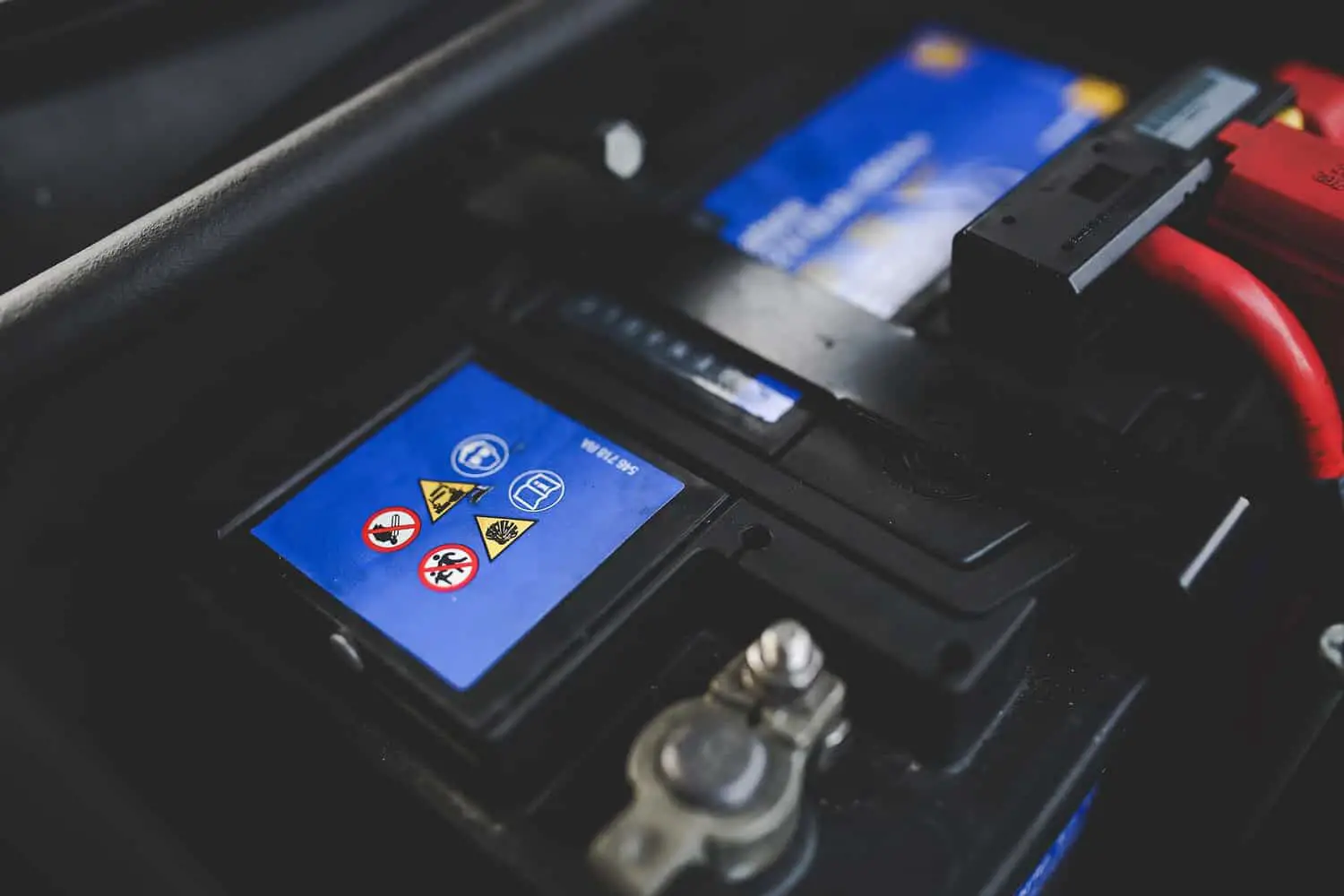The debate around 6V or 12V batteries for an RV is an ongoing one, much like whether pineapple belongs on pizza or not. Fortunately, we can be objective around this discussion, while pineapple on pizza will remain a contentious and subjective discussion.
The primary differences between 6V and 12V RV batteries are the size, amp-hour storage capacity, the price and availability of batteries, and how they are connected (whether in series or parallel) to provide your RV with enough power to run all the appliances needed.
To understand which battery would be better for your RV, we need to consider a few different aspects, so let’s jump right in and look at the differences between a 6V and 12V battery for your RV.
6V Vs. 12V RV Battery – Size , Weight & Storage
The first difference between the two batteries is the size. 12V batteries are generally bigger, and the higher the amp-hour rating, the larger they get. RV electrical systems run on 110V AC (plugged in) and 12V DC; the space required to store batteries is essential in choosing batteries.
You would need to determine the size of your RV’s battery storage space compartment, which will affect the number of batteries your RV can safely have onboard, and two larger batteries like 12V may not fit into the compartment.
Another factor here is weight. A 6V battery can weigh around 71lbs while a 12V battery can be around 114Lbs, and if you need to connect two 12V batteries in parallel to provide the same amp-hours as two 6V batteries in series, how well is your RV going to handle the extra weight?
Because the 6V batteries are lighter, you can wire two of them and generate the current needed without adding a lot of extra weight, and this will also help with fuel efficiency when driving.
However, suppose you are prepared to spend a a bit more on a good qaulity lithium-ion battery. In that case, you may find that you only need one to power your RV, and the lithium-ion batteries are generally smaller and lighter than other types.
What Kind Of Batteries Are There For An RV
When it comes to batteries, you can choose from a few options, each with its own pros and cons.
- Lead Acid Batteries – these are the cheapest batteries available. Still, they need to be topped up with distilled water periodically, so if battery maintenance is not something you want to worry about, don’t look at these.
- Gel Batteries are also lead-acid, but they are sealed and don’t require maintenance, and these batteries can be placed on their sides to reduce space.
- Absorbed Glass Mat or AGM batteries are other types of sealed Lead-Acid batteries, and these have a fiberglass plate between the electrolytes and therefore don’t require maintenance either.
- Lithium-ion batteries are the most expensive, but they tend to last a lot longer than lead-acid batteries, and if you can afford them, they would be an ideal choice for an RV battery bank.
Lithium-Ion Vs. Lead Acid Batteries Discharge
One of the main drawbacks to 6V or 12V lead-acid batteries is that if you discharge them below 50%, they become less and less effective and will eventually need to be replaced. This is why many home Solar PV systems opt for lithium-ion even though the upfront cost is more expensive.
So if your battery bank has 200 Ah (amp-hours), you cannot go below 100Ah before recharging, while lithium-ion would go to around 80% discharge and so can operate longer before recharging is needed.
6V Vs. 12V RV Batteries – Pros And Cons
Each battery size has its advantages and disadvantages so let’s look at a direct comparison.
6V Vs. 12V RV Batteries – Amp Hours
6V batteries generally have better amp-hour ratings than 12V batteries, which relates to the battery’s current storage capacity. 6V batteries have thicker plates in them, allowing them to be charged and discharged more often and have a longer lifespan than 12V batteries.
If you aren’t running many appliances, you may be able to get away with using a single 12V battery in your RV.
6V Vs. 12V RV Batteries – Price & Availability
12V batteries are generally cheaper than 6V, and with 6V batteries, you will need at least two to generate the 12V you need to power your RV. Wired in series, you will get the 12V required, and because the amp-hour ratings on 6V are generally better than 12V, many RV owners opt for this configuration
With the cheaper 12V batteries, you can wire two in parallel to boost the amp-hour capacity, and with the smaller amp-hour batteries, you should be able to fit two of them into the battery compartment.
Another aspect to consider is that 12V batteries are generally more readily available than 6V, and you may find you need to visit stores like Costco or auto parts stores to find them. In contrast, 12V batteries would be available at general stores.
6V Vs. 12V RV Batteries – Lifespan
Against ordinary lead-acid batteries, two 6V batteries would have a longer lifespan and perform better. Still, with the advances in technology in AGM batteries and Lithium-Ion, the 12V batteries perform equally and the 6V batteries.
Also, the size differences in 12V and 6V may only be an inch or two now, so having two 12V batteries wired in parallel to boost the amp-hours is becoming a better option for many RV owners; plus, if one 12V battery fails, you still have 12V from the other one to keep everything running.
If one of your 6V batteries fails, you won’t be getting enough power from the remining one to keep everything on. You would need to add another 6V battery to restore the 12V supply.
Choosing between the 6V and 12V battery for your RV will depend on your RV’s battery compartment size, how many amp-hours you need, the price, and the weight your RV can easily accommodate.
It seems, though, that the age of 6V batteries is coming to an end as the 12V options become better as the technology improves and they get cheaper; the ultimate 12V battery for RVs may be just a few years away.
Good luck, and happy camping!
Check out our article on: Do I Need A Battery For My Travel Trailer?

